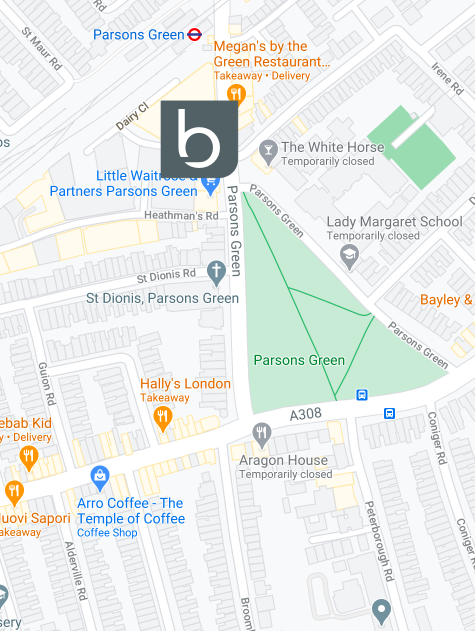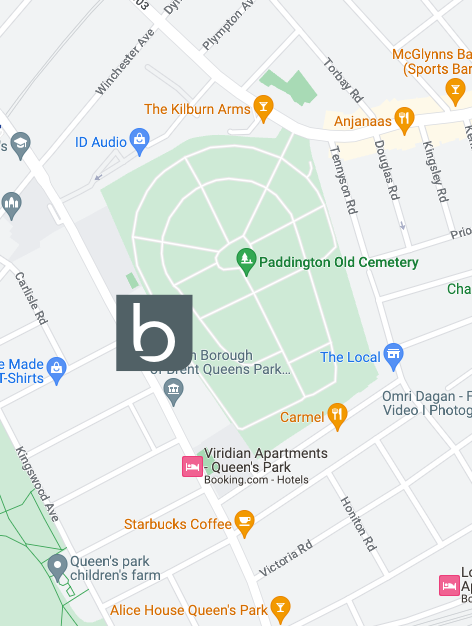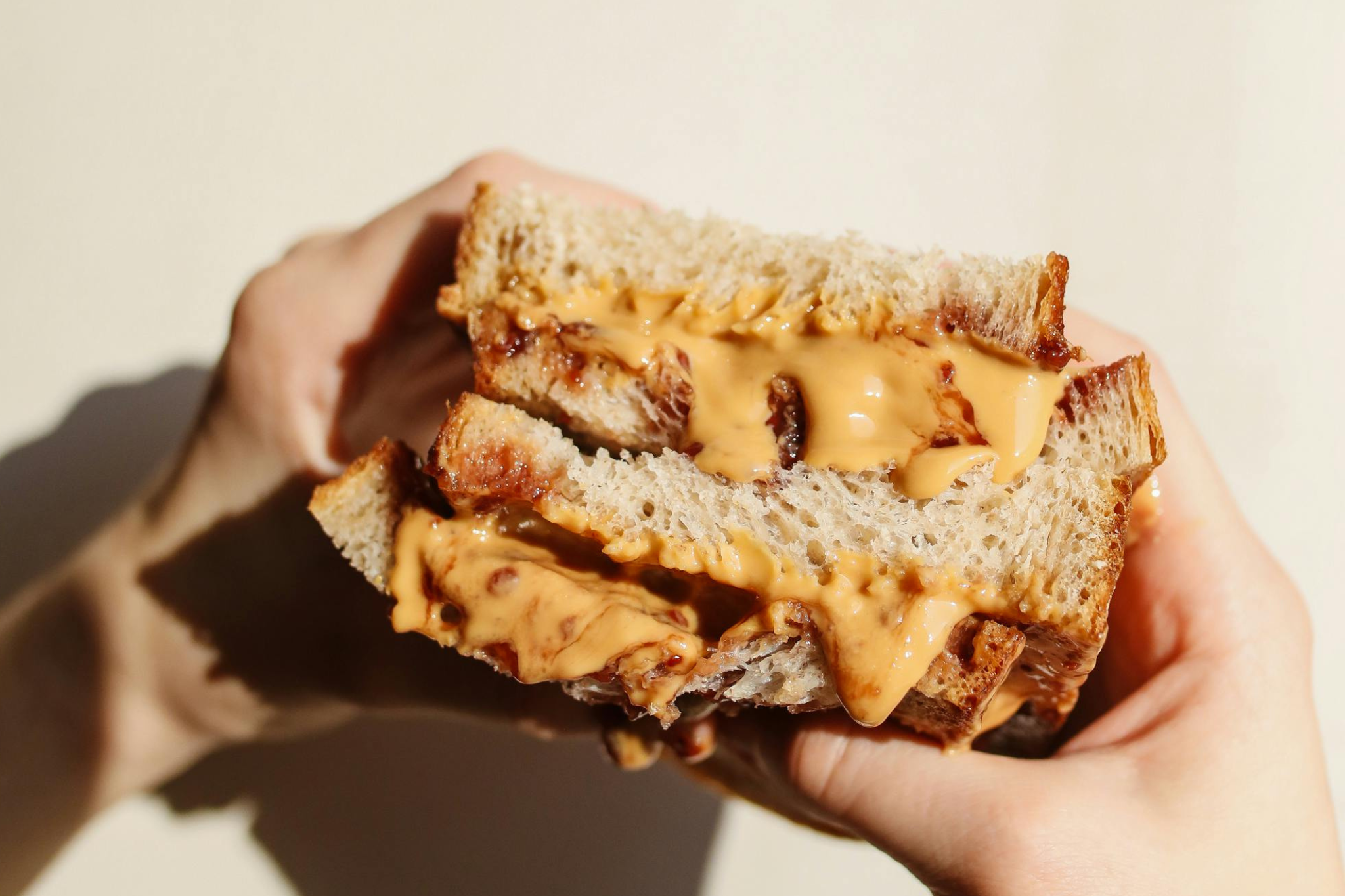
Close
Enquiry
Please see contact information below or complete the form and we will get in touch with you.

Parsons Green
3rd Floor Brigade House
8 Parsons Green
London
SW6 4TN

Queen's Park
2nd Floor
105-109 Salusbury Road
London
NW6 6RG

Jesse's House
8-10 Heathmans Road
Parsons Green
London
SW6 4TJ
Fueling for a 10K Run: A Complete Guide

Whether you’re a seasoned runner or gearing up for your first 10K, one thing remains constant: the importance of proper fuelling. Eating the right foods at the right times can significantly impact your performance, energy levels, and overall experience during the race. In this guide, we’ll explore everything you need to know about fuelling for a 10K run, from what to eat before the race to how to stay energized throughout the course.
-
Understanding the 10K Distance
A 10K run is 6.2 miles, a distance that requires both speed and endurance. While it doesn’t demand the same energy reserves as a marathon, it’s still crucial to ensure your body is well-fueled. Proper nutrition helps sustain your energy levels, prevents fatigue, and allows you to maintain your pace.
-
Pre-Race Nutrition
Your pre-race meal is crucial as it provides the energy you’ll need during the run. Here’s how to plan it:
The Night Before:
The night before your 10K, focus on a balanced meal with a good mix of carbohydrates, proteins, and healthy fats. Carbohydrates are essential as they top off your glycogen stores, which will be your primary energy source during the race. Keep your regular diet the same, make sure your body is used to digesting the types of food you’re eating the night before. This will allow your body to have as high levels of energy and nutrients as possible.
Race Day Breakfast:
Your race day breakfast should be eaten 2-3 hours before the start. This meal should be rich in easily digestible carbohydrates with a small amount of protein and fat. Some good options include:
– Oatmeal with banana and a drizzle of honey
– A bagel or bread with peanut butter and a small glass of orange juice
– A smoothie made with yoghurt, berries, and a scoop of protein powder
Last-Minute Snack:
If your race is in the morning, you might not need a snack, but if it’s later in the day, a small snack about 30-60 minutes before the race can be beneficial. This could be a banana, an energy bar/ gel, or a small piece of toast with jam.
-
Hydration Strategy
Staying hydrated is critical, but it’s important not to overdo it. Here’s a simple hydration plan:
The Day Before:
Hydrate throughout the day with water. Avoid alcohol and excessive caffeine as these can dehydrate you. Consider using electrolytes if it is likely to be hotter and/or you are a sweaty runner!
The morning of the Race:
Drink about 500ml of water when you wake up. You can have a little more with your breakfast, but stop drinking heavy amounts about an hour before the race to avoid bathroom breaks mid-race.
During the Race:
For a 10K, you might not need to hydrate during the run unless the weather is particularly hot or humid. If you do need water, take small sips at the water stations to prevent cramping.
Fuelling During the Run
For most runners, a 10K can be completed without needing to refuel during the race. However, if you expect to be on the course for over an hour or feel you might need a quick energy boost, consider these options:
– Energy Gels: Take one about halfway through the race, washed down with water.
– Sports Drinks: If available, these can provide quick sugars and electrolytes.
If your body isn’t used to gels and sports drinks, we’d suggest sticking to water and ensuring you are well hydrated.
-
Post-Race Recovery
Recovery begins as soon as you cross the finish line. Your body will need to replenish glycogen stores and repair muscle tissue. Here’s how to do it:
Immediate Post-Race:
Within 30 minutes, try to consume a snack or drink that has a 3:1 ratio of carbohydrates to protein. Chocolate milk, a protein shake, or a banana with peanut butter are great options.
A Balanced Meal:
Within 2 hours of finishing, eat a balanced meal that includes lean protein, complex carbohydrates, and healthy fats. This could be something like grilled salmon with quinoa and a side salad or a chicken stir-fry with brown rice.
Hydration:
Continue to hydrate post-race. Water is usually sufficient, but if it was a particularly hot day or you sweated a lot, consider a drink with electrolytes.
Additional Tips
– Practice Your Plan: Never try new foods or drinks on race day. Practice your fueling strategy during your training runs to see what works best for you.
– Listen to Your Body: Everyone’s nutritional needs are different. Pay attention to how your body responds to different foods and adjust accordingly.
– Stay Relaxed: Fueling is important, but don’t stress too much. Stay relaxed and enjoy the experience of the race.
Fueling for a 10K run doesn’t have to be complicated, but it does require some planning and practice. By eating the right foods at the right times, you’ll ensure that your body is ready to perform at its best on race day. Remember, the key is to find what works best for you and to enjoy the journey of training and racing. Good luck with your 10K!
The information provided here is for general guidance and educational purposes only. It is not a substitute for professional advice, diagnosis, or treatment. Always consult a qualified health professional before starting any new exercise program, particularly if you have any pre-existing medical conditions, injuries, or concerns about your health.

